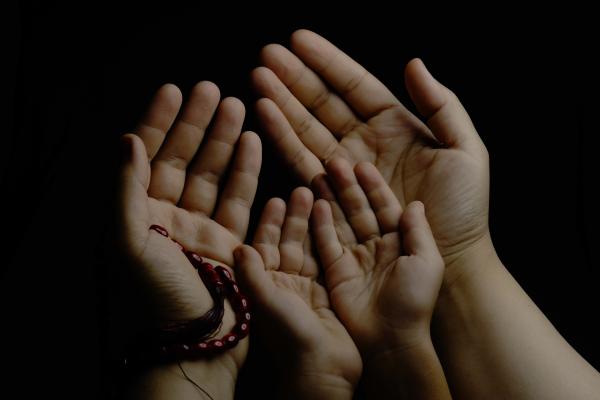A new survey released from Pew Research Center, conducted in the lead-up to the pontiff’s visit, examined U.S. Catholics’ attitudes on family, marriage, and sexuality, as well as on issues close to the pope’s heart — concern for the poor, care for the environment, and forgiveness of sins. The results found Catholics “remarkably accepting of a wide variety of non-traditional families.”
This is not to say longstanding church teaching on marriage has changed — the church very much still upholds lifelong heterosexual monogamous marriage with children as the divine plan for coupleship, and nine-in-ten U.S. Catholics say this is the ideal arrangement. But large majorities now say other familial arrangements are acceptable, too.
According to the survey of U.S. Catholics, 85 percent say it is acceptable for a man and woman to live together as a couple outside of marriage, and 84 percent say it is acceptable for raise children in this arrangement. Two-thirds say it is acceptable for same-sex couples to raise children. And 70 percent say married couples who choose to not have children are choosing a lifestyle that is just as good as any other.
Read the Full Article

